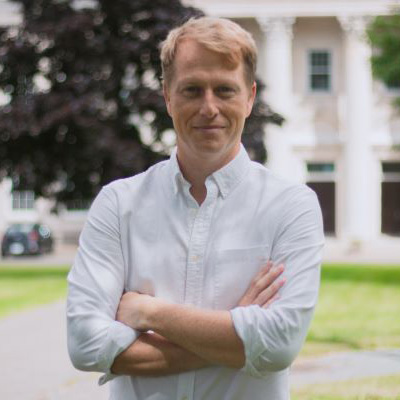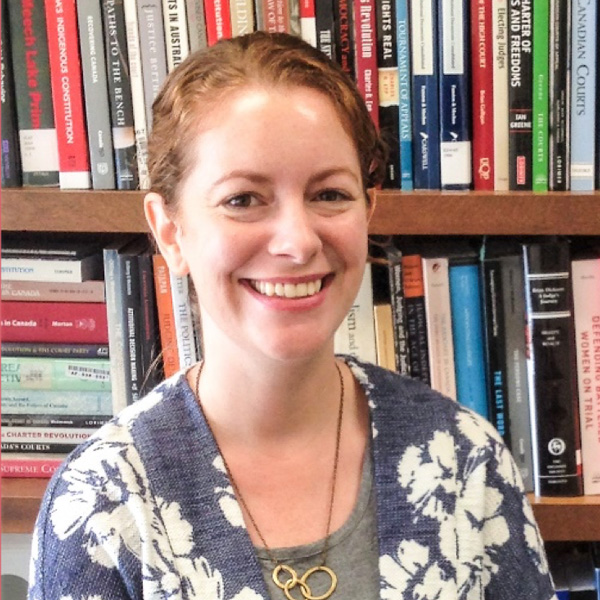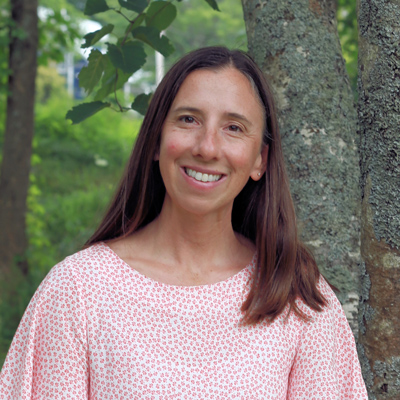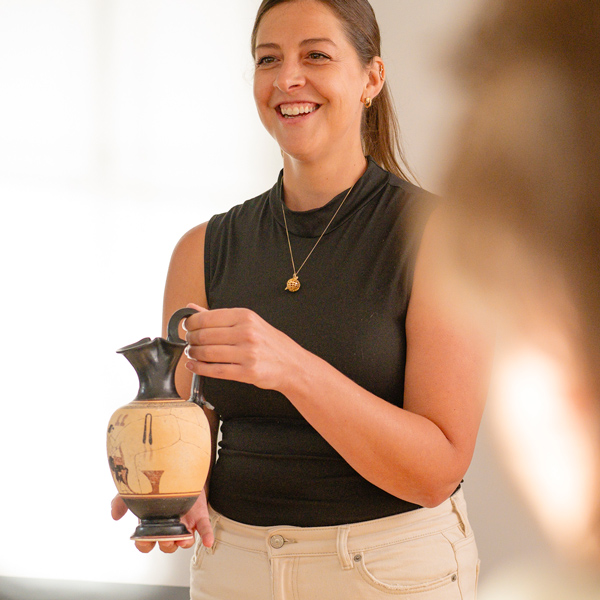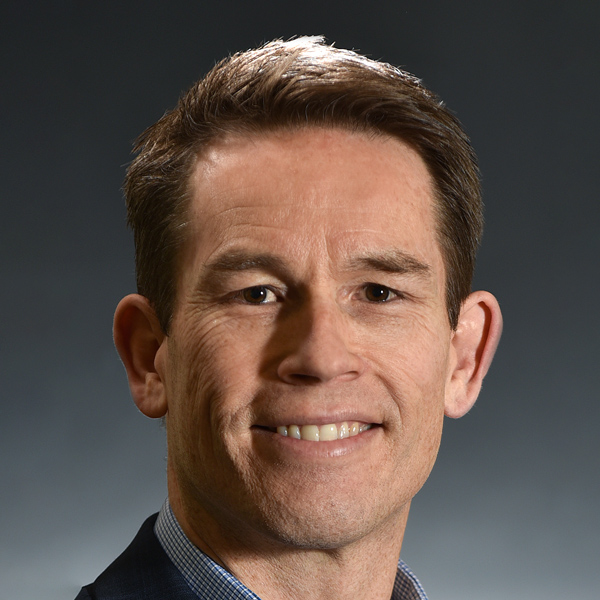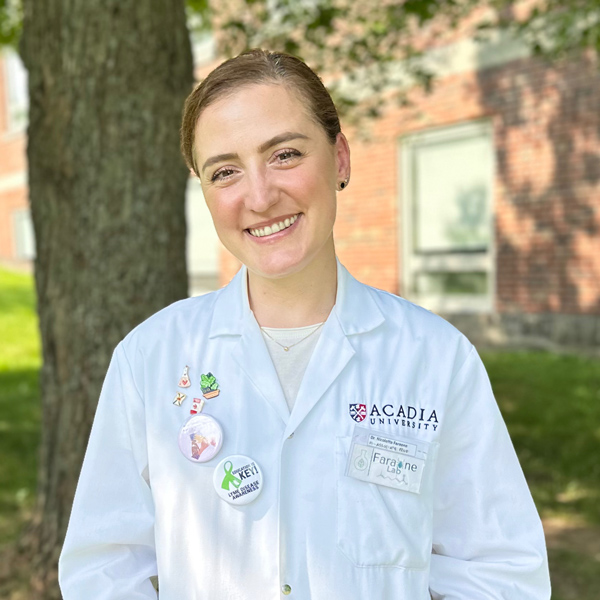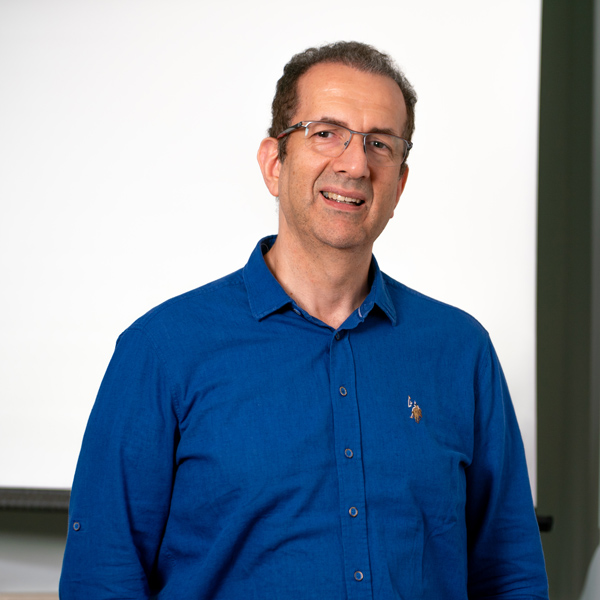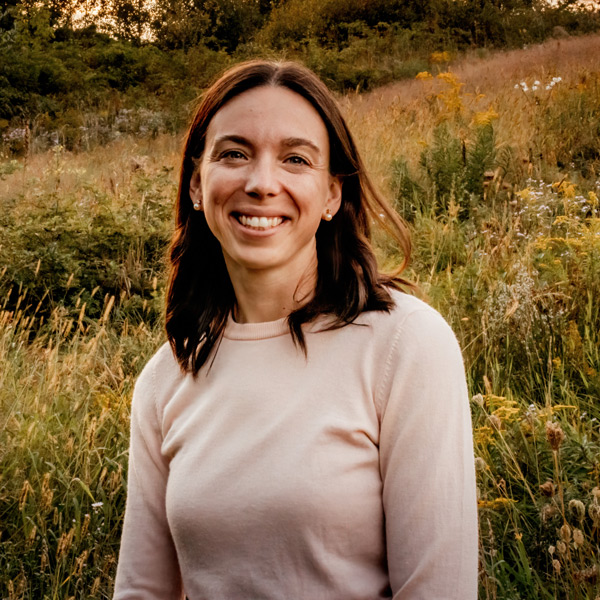Welcome
Media relations at Acadia University falls within our Communications & Marketing department.
We serve as the media’s direct point of contact for accessing accurate and compelling content about our university. Our responsibilities include:
- Crafting, publishing, and sending announcements, updates, and stories of interest about the university
- Providing official information and quotes to the media on behalf of the university
- Arranging for interviews between the media and Acadia’s community members, specifically our faculty experts, researchers, and administrators
- Arranging for special filming on campus. Please be aware that the university is private property.
Note: Requests regarding Acadia Athletics can be sent directly to Chris Cameron.
Our office is staffed weekdays from 8:30 a.m. to 4:30 p.m.
For the fastest and most efficient response, members of the media are asked to reach out via email: media.relations@acadiau.ca
Get in Touch with an Acadia Expert
Acadia University is home to experts in a variety of fields who can speak on a number of topics or comment on current affairs. Faculty members regularly share their expertise through interviews on television, radio, and online outlets. To see what’s making headlines, visit In the News.
The following Acadia experts can be approached directly by media, with our media relations cc’d in the request:
- Professor, Politics
- Jarislowsky Chair in Trust and Political Leadership
Alex Marland researches the intricate dynamics of Canadian politics, focusing on the powerful forces at play behind the scenes. A regular media commentator, he has authored or edited over a dozen books. As Jarislowsky Chair in Trust and Political Leadership, he is developing programming at Acadia to prepare the next generation of political leaders.
Areas of expertise:
- Political communication, elections and campaigning in Canada
- Prime ministers, premiers, ministers, cabinets and political staff
- Canadian legislatures, caucuses and parliamentarians
- Political parties in Canada
- Professor, Politics
- Law and Society Coordinator
Dr. Crandall received the Acadia Alumni Faculty Award for Excellence in Teaching in 2025. Her classes often include student-led learning activities, like model parliaments and first ministers simulations.
Areas of expertise:
- Canadian politics and law
- Constitutional law and politics
- Judicial appointments
- Election law, intergovernmental relations, and cabinet government
- Associate Professor, Community Development
Dr. Sweatman is the lead researcher for Nova Scotia’s Western Region Service-Based Count on Homelessness. She is a member of Annapolis Valley Homeless No More, and director of the Axcess Acadia Inclusive Post-Secondary Education initiative.
Areas of expertise:
- Rural homelessness and housing insecurity in Nova Scotia
- Homelessness enumeration
- Inclusive Post-secondary Education and equity-focused inclusion advocacy
- Associate Professor, History & Classics
- Coordinator: Classical Studies Program & Material/Visual Culture Minor
- Evans Teaching and Learning Scholar
Dr. Gardner is Associate Professor in the Department of History and Classics at Acadia University; Research Associate, at Field Museum of Natural History (Chicago, IL); and Adjunct Professor in the Department of Classics, Memorial University. She is also Director of the Southern Mani Archaeological Project (SMAP) and the CART-ography Project.
Areas of expertise:
- Mediterranean Archaeology
- Greek and Roman art, architecture, and history
- Archaeological Ethics and Pseudo-Archaeology
- Religious Space in Antiquity
- Public-facing scholarship, digital humanities pedagogy, academic podcasting
- Professor, Kinesiology
Dr. Fowles is the Clifford Shand Chair in Physical Education, Director of Acadia’s Health and Wellness Institute and the Director of the Centre of Lifestyle Studies. As an exercise physiologist and Fellow of the Canadian Society for Exercise Physiology, his work has focused on increasing physical activity levels of Canadians and exercise for the prevention and treatment of chronic disease.
Areas of expertise:
- Canada’s 24H Movement Guidelines
- Exercise as medicine for prevention and treatment of chronic disease
- Fitness testing and training for elite athlete performance
- Associate Professor of Biochemistry
- Chemistry Graduate Coordinator
- Adjunct Professor, Biology
Dr. Faraone’s research with her team into tick behaviour has drawn national attention. She will be heading the Canadian Tick Research and Innovation Centre (CTRIC) at Acadia, the first facility of its kind in Canada.
Areas of expertise:
- Tick chemical ecology, behaviour, and olfaction
- Tick response to repellents and acaricides
- Natural products and essential oils
- Formulation development and nanotechnology for pest (i.e., tick) management
- Professor, Computer Science
Dr. Hassan leads the Acadia AIoT Research Hub. He is a former Canada Industry Research Chair and a member of the NSERC Scholarships and Fellowships Review Committee for Computing Sciences. His research focuses on AI, machine vision, IoT systems, and embedded low-power microsystem platforms, with applications in agri-food, health, energy, and ocean sectors.
Areas of expertise:
- Ingestible and wearable devices for real-time physiological monitoring.
- Digital Twinning and 3D Sensing, using LiDAR technology and point cloud modeling to create digital twins of physical systems for predictive maintenance and asset management.
- Precision agriculture and smart-soil wearable sensors for wireless soil sensing, energy-harvesting IoT networks, and real-time data analytics in the agri-food sector.
- 5G for IoT Sensor integration.
- Professor, Earth and Environmental Science & Coordinator of ENVS Programs
Dr. O’Driscoll is Director of the Mercury Lab, author of several Google Scholar journal articles, co-editor of “Wetland Restoration for Endangered Species Recovery: A Multidisciplinary Case Study of Big Meadow Bog, Brier Island, Nova Scotia” (2024); “Environmental Chemistry and Toxicology of Mercury” (2012); and “Mercury Cycling in a Wetland-Dominated Ecosystem” (2005)
Areas of expertise:
- Mercury movements in ecosystems and bioaccumulation in food webs
- Mercury speciation and photo-reactions
- Assistant Professor, Biology
Dr. Laura Ferguson is an integrative biologist interested in how host-microbe interactions shape insect resilience in our changing world. Her lab is currently focused on mosquitoes and ticks, working towards understanding how their ability to resist and transmit disease will shift with climate change.
Areas of expertise:
- Ticks and their activity through the seasons; how ticks cope with winter
- Mosquito populations in the Maritimes
- Insect overwintering biology and responses to climate change
- Professor, Biology
Dr. Hillier is an entomologist and chemical ecologist. His research focuses on agricultural and forest innovation. He is director of the INSECTA research centre, the Agri-Tech Laboratory, and the Hemlock Woolly Adelgid Biocontrol Facility.
Areas of expertise:
- Sustainable insect management and chemical communication (pheromones, behavior, ecology)
- Invasive forest pests and biological control (e.g., hemlock woolly adelgid).
- Pollinator health, conservation and biodiversity
- Canada Research Chair Tier I
- Biology Professor at Acadia University
- Director of Research, K.C. Irving Environmental Science Centre
Dr. Mallory is the Director of the Mallory Lab, author of Common Birds of Nunavut; co-editor in chief of the scientific journal Arctic Science, associate editor of Arctic; Environmental Reviews, and a Fellow, Royal Canadian Geographical Society.
Areas of expertise:
- Marine birds and waterfowl in eastern and Arctic Canada
- Mercury, organic contaminants and plastic pollution in wildlife
- Wildlife as biovectors of contaminants
- Coastal habitats for wildlife

